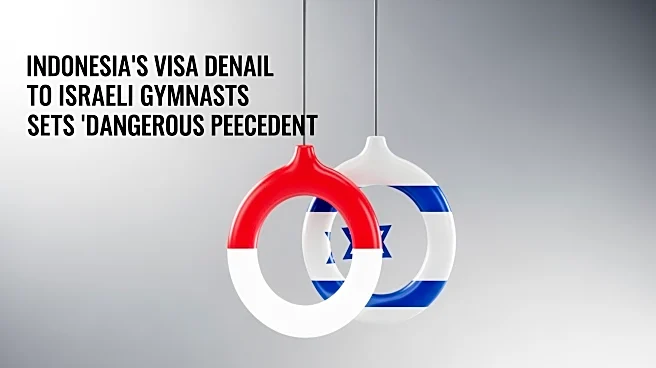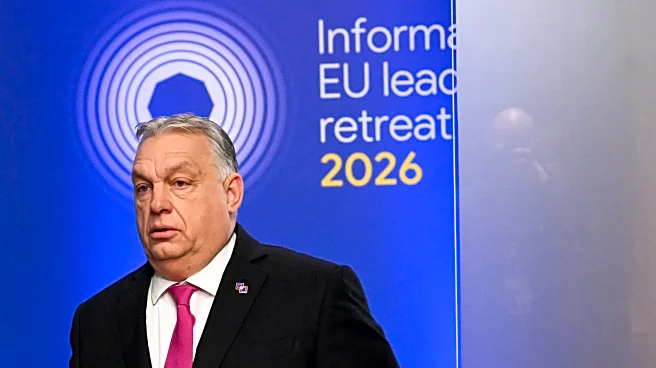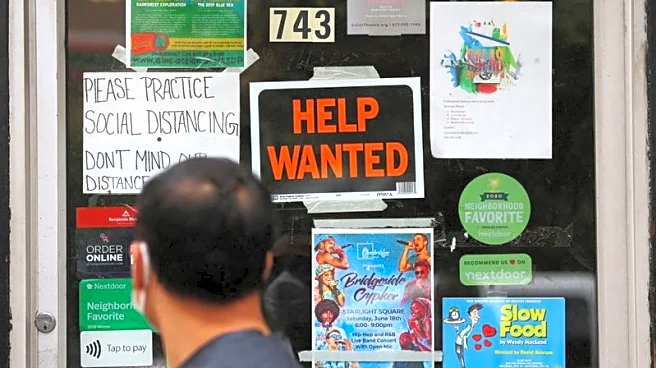What's Happening?
The Israeli Gymnastics Federation (IGF) has expressed concern over Indonesia's decision to deny visas to Israeli athletes for the World Artistic Gymnastics Championships in Jakarta. The refusal is linked
to Indonesia's stance on the ongoing military offensive in Gaza. Despite assurances from the IGF that its delegation would be welcome, the Court of Arbitration for Sport (Cas) rejected a request for urgent measures to ensure Israeli participation. The decision has sparked fears of setting a precedent that could affect future international sporting events.
Why It's Important?
Indonesia's decision to deny visas to Israeli athletes highlights the intersection of politics and sports, raising concerns about the potential impact on international competitions. The move could lead to increased politicization of sports events, where geopolitical tensions influence participation. This precedent may affect athletes' ability to compete globally, potentially leading to boycotts or exclusions based on political considerations. The situation underscores the challenges of maintaining neutrality in sports amid complex international relations.
What's Next?
The IGF plans to appeal the decision to the Court of Arbitration for Sport, seeking to overturn the visa denial. The outcome of this appeal could influence future policies regarding athlete participation in international events. Meanwhile, Indonesia may face scrutiny from international sports organizations and pressure to reconsider its stance. The situation could also prompt discussions on the role of politics in sports and the need for clear guidelines to ensure fair competition.
Beyond the Headlines
The visa denial reflects Indonesia's longstanding diplomatic posture, which does not formally recognize Israel. This decision may have broader implications for Indonesia's international relations and its participation in global sports events. The situation also raises ethical questions about the role of sports as a platform for political expression and the potential consequences for athletes caught in geopolitical conflicts.












